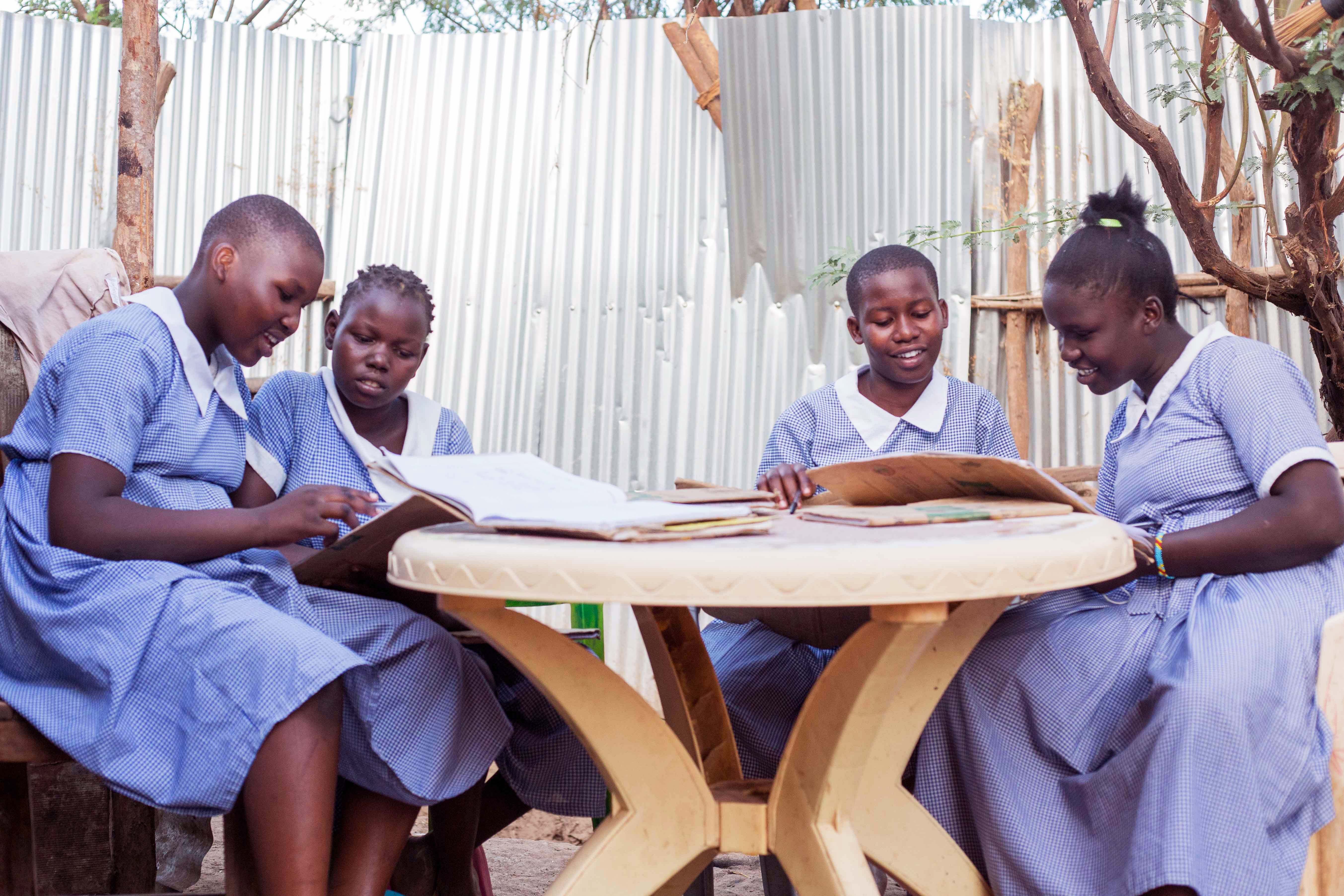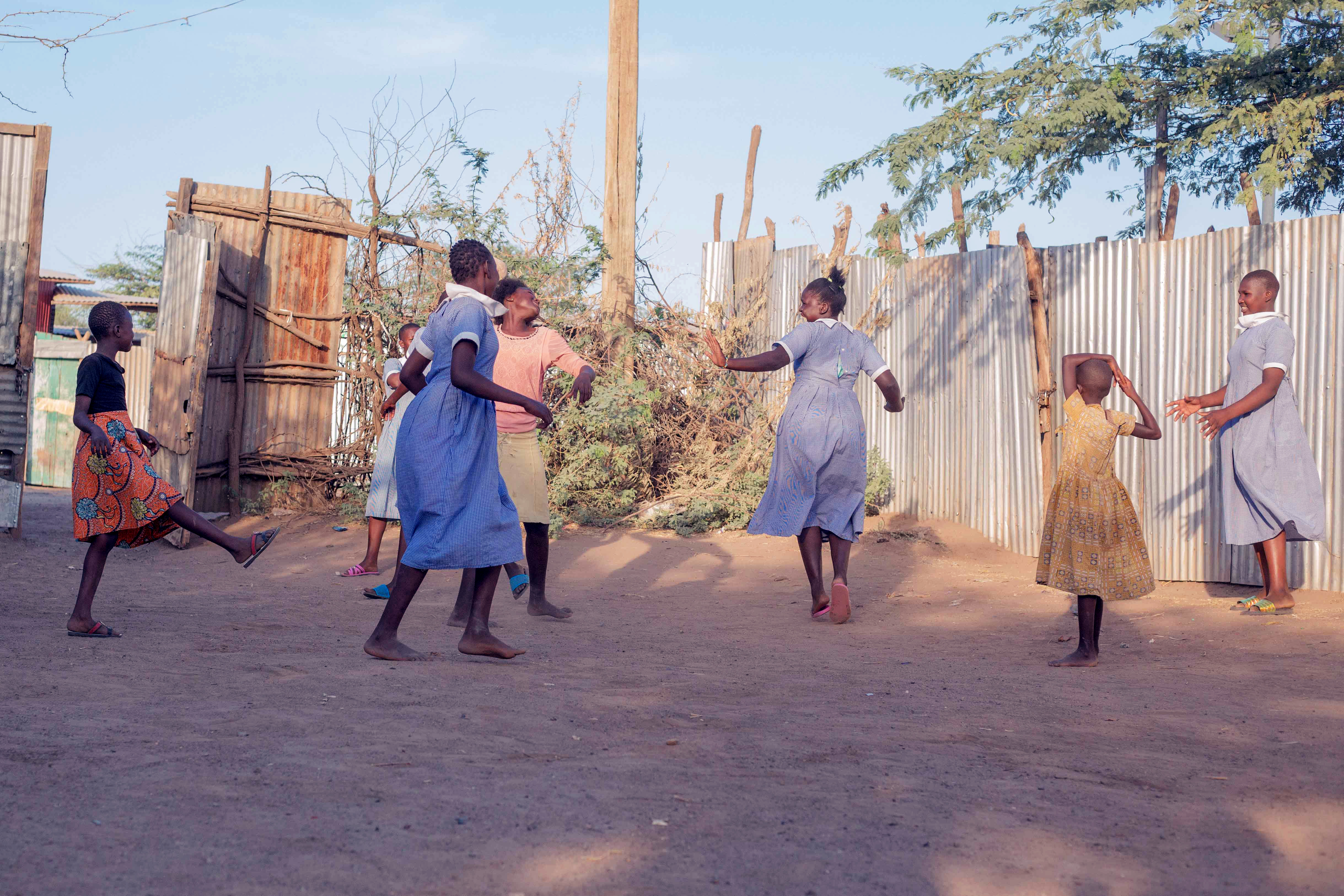Girl, Wife, Mother: An Interrupted Education

Istarlin Abdi
The first time I dropped out of school, it was so that my brother could continue his education. My family could only afford the tuition fees for one of us at the time. The second time I dropped out, it was so that I could take care of my husband and become a mother. In both cases, the needs and potential of the men in my life were treated as more important than my own.
One day, I went to school as I usually do, and when I came back home, I discovered I had become somebody’s wife.

Coming from a Somali community, this is just the norm. Girls will be made to marry between the ages of 15-18. Growing up, I was used to seeing these marriages happen around me, but I never thought it was going to be my fate. I always believed that I would never get married young because I needed to finish school, go to university, and do my own things.
The agreement to marry me off happened while I was in my first year of high school at a boarding school. My classmates were whispering behind my back and pointing fingers. Then two of my very close friends told me the news: I was married. I thought they were joking because I didn’t think my parents would do that to me. They knew how much I valued school. When I got home from school and could finally ask my parents, they confirmed the rumors. They told me I would not be going back to school. It crushed me and there was nothing I could do about it.
At the time, I was still 15 years old. I did not know anything about being a wife. I never even had a boyfriend. My parents said, “We are all here and we'll guide you through it.” I asked if they even received any dowry in exchange for the marriage. That’s when my mom started crying, and she told me it was out of her control. There was nothing she or I could do, and we did not have a choice. I told her, “Mum, you should always have a choice. Every human being has a choice in life. And for you, you are my mother. You have every right to say no because I am your child.”

I became a single mother in 2008 when my husband died in an accident. Raising children, especially girls, as an unmarried woman in a refugee camp is one of the toughest things I have ever done in my life. I had to be strong to protect them, lead them, and to fight cultural norms. Everyone constantly undermined me because I am a woman, but I stayed firm. I would let everyone know: “These are my girls. They need to have quality education. They need to do whatever they feel like doing. They have the right.”
In Kakuma refugee camp, early marriage and pregnancy are common challenges that girls face, just like I did. Sometimes, they feel like they don’t have enough role models in the camp. They feel that, if they are girls, they don’t need education because when they get married, a man will provide and take care of them. That's a big concern that I see in the camp. I’ll see a 15- or 16-year-old girl getting married, sometimes, of her own choice because she feels like it’s the only or best option.

Gender equality is very personal for me because I come from a community where women and girls have to fight for everything that’s rightful theirs. I have seen firsthand the deep inequities between the genders, and I have learned important life lessons to overcome it. As a young girl, I witnessed how boys were treated better than girls in everything. Every child needs to be treated equally for there to be balance in the world.
As a mother of girls, I don’t want what happened to me to happen to my daughters. I am an advocate for them and for all girls. Though we are each different, I can see a lot of myself in the young girls at the camp because I was once just like them.
Girls who receive an education are less likely to marry young, more likely to lead healthy and productive lives, and build better futures for themselves and their families. Gender equality in education benefits everybody and investing in girls' education transforms entire communities and countries.
As a photographer, I wanted to capture and share a version of gender equality through my eyes. To do so, I walked with grade six students from Mogadishu Primary School to their homes and spent time with them as they did their homework and played.
- Date modified: